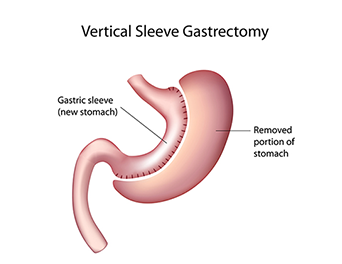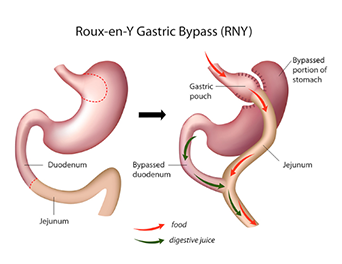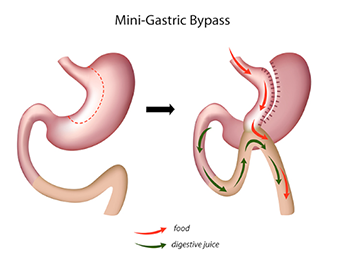
Obesity surgery helps patients to improve quality of their lives. With significant amount of weight loss, patients can look good and feel better. Studies have shown that obesity surgery can cut down on many health problems as type 2 diabetes, high blood pressure, high cholesterol and other obesity related diseases. According to latest studies bariatric surgery also reduces the risk of cancer.
How Obesity Affect Health?
Patients who have BMI 40 or over have higher risk of developing health diseases, autoimmune diseases, sleep apnea and even cancer. According to National Cancer Institute, obesity patients are under higher risk of these cancer types below:
Throat cancer,
Ovary cancer,
Breast cancer,
Gastric cancer,
Colon cancer,
Thyroid cancer,
Kidney cancer,
Pancreatic cancer etc.
Can Over Weight Cause Cancer?
Some cancer types are genetic but the fat cell ratio in the body may ruin hormonal system and even if there is no cancer history in the family, it increases the risk of cancer. Excess body fat is known to produce estrogen which is one of the primary hormones in the body that produce cancer cells. Obesity also known to increase insulin levels in the blood. Insulin resistance causes type 2 diabetes and at the same time it triggers some cancer types.
Can Obesity Surgery Prevent Cancer?
Obesity surgery is a method that is suggested for patients who cannot lose weight with diet and exercise. At the same time, it can be applied with different procedures. Choosing the procedure depends on the patient’s health and needs.
Obesity surgery reduces the total fat ratio in the body, so it reduces the hormones releasing from fat cells that cause cancer and indirectly it reduces the risk of cancer. In addition to this, excessive sugar consumption causes forming and reproducing cancer cells in obesity patients. With the help of decrease in sugar consumption after the surgery, the risk of cancer is reduced.








